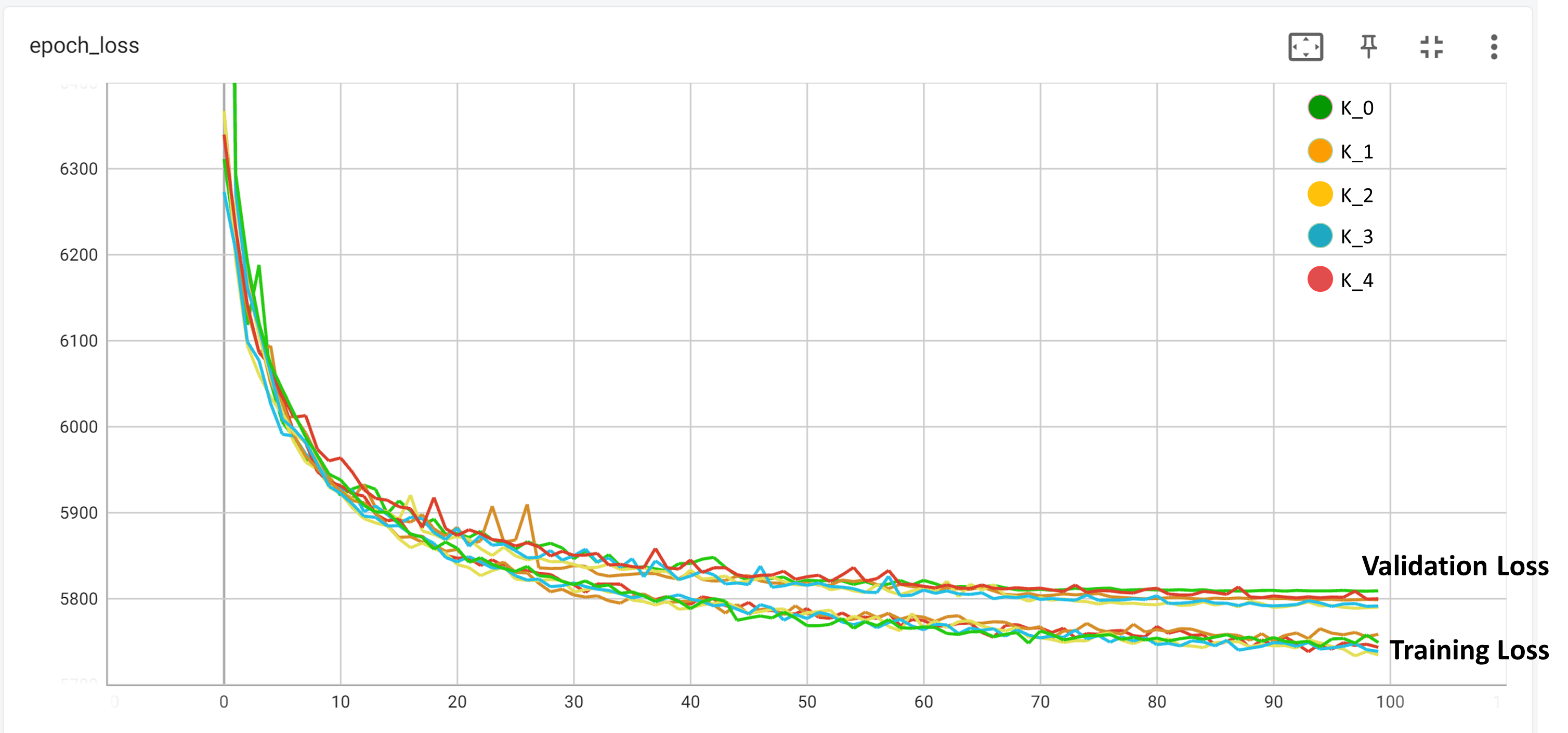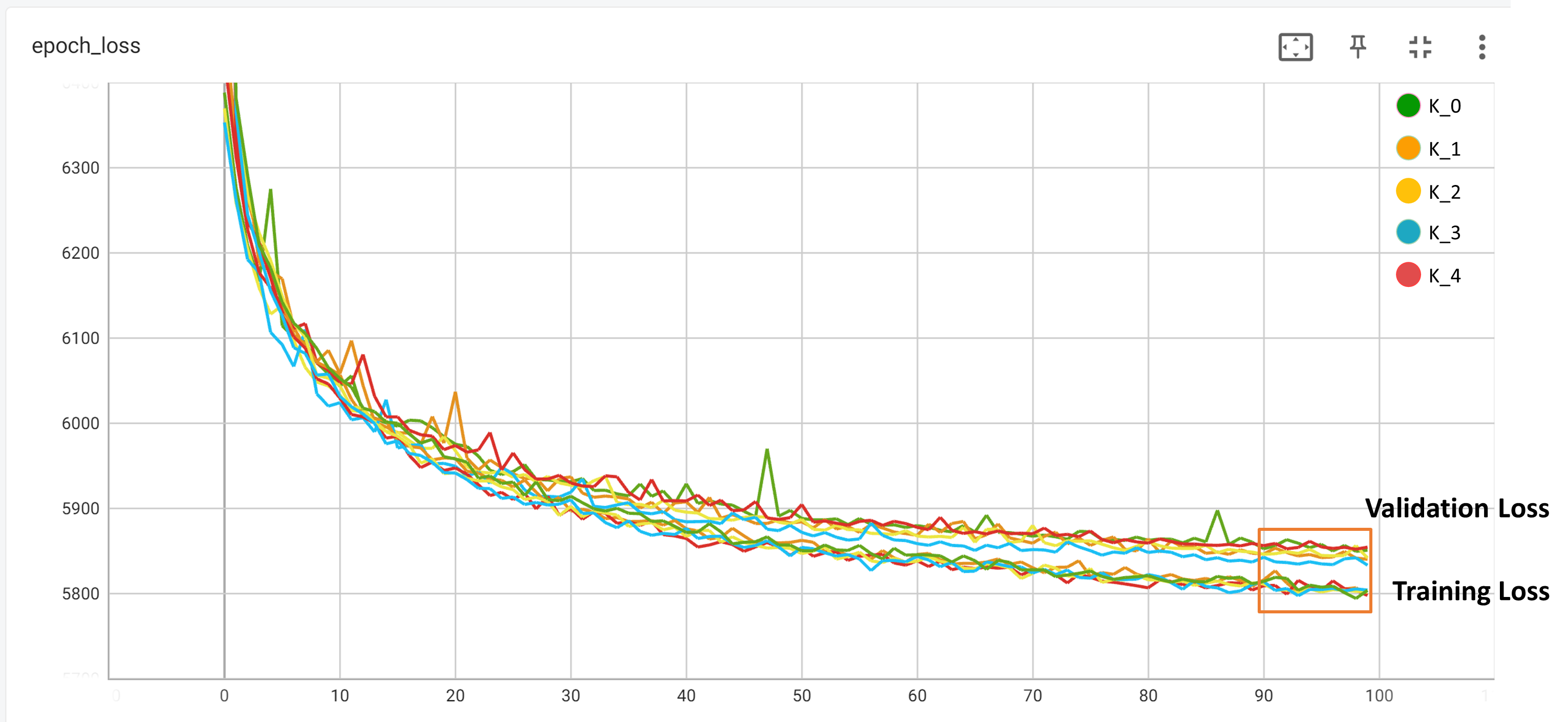A lightweight deep learning network based on knowledge distillation for applications of efficient crack segmentation on embedded devices
Abstract: Timely crack detection of pavement helps inspectors access road conditions and determine the maintenance strategy, which can reduce repair costs and safety risks. Deep learning has greatly advanced the development of automated crack detection, but there are still challenges that hinder the application of deep learning in engineering practice such as the bloated models, the class imbalance problem, and the device dependency. This paper proposes a novel high-performance lightweight network termed multi-path convolution feature fusion lightweight network (MCFF-L Net) and introduce the concept of knowledge distillation. The MCFF-L Net with only 1.18 M parameters achieves F1 score of 85.70% and intersection over union (IoU) of 78.22%, which surpasses the popular complicated networks and lightweight networks. The proposed network is further implemented on an embedded device of Jetson Xavier NX and the detection speed of pavement cracks can reach 9.71 frames per second (FPS).
Multi-path Convolution Feature Fusion (MCFF)
Multi-path Convolution Feature Fusion (MCFF) Model
- Train teacher model with the original dataset (See Train_1_Step.py) --> Get the trained teacher model (Note dataset path!)
python Train_1_Step.py - Chang the Temperature and generate the distillation label from four outputs (See Train_2_Step.py) --> Get the distillation datasets for training student model
python Train_2_Step.py - Train teacher model with the distillation dataset (See Train_3_Step.py) --> Get the trained student model
python Train_3_Step.py - Keep only the Mix-Label Output of the student model
- model --> ONNX --> TensorRT (TensorRT.py) Please perform this operation on the appropriate device
python TensorRT.py - Try to use the advanced features in TensorRT for further quantification and optimization
- Deployment!
- Local Deployment (camera.py) Note the TensorRT file path!
python camera.py - Cloud Deployment (PC.py) Remote transfer of segmentation results from the embedded device to the corresponding device
python PC.py
-
zmq
-
numpy
-
base64
-
pycuda
-
datetime
-
tensorrt
-
opencv-python
-
model_profiler
-
tensorflow-gpu==2.7.0
-
TensorRT 8.2.0 Down from Nvidia
the original dataset and Cross Validation Dataset : Google Drove
the distillation datasets (Temperature=10 The Best dataset): In Google Drove
the distillation datasets (Temperature=5): In Google Drove
the distillation datasets (Temperature=15): In Google Drove
the model weight and Loading method:




